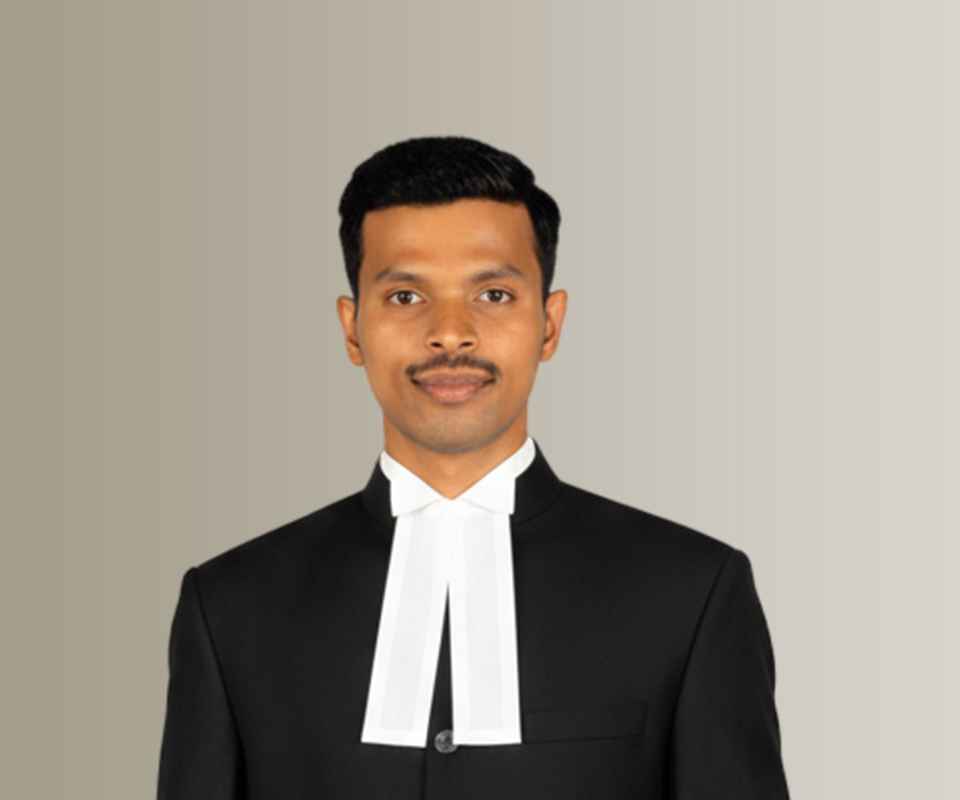Answer By law4u team
In the Indian Army, Army Rule 13 refers to the set of regulations that govern the procedure and conditions for the discharge of soldiers. This rule primarily deals with the voluntary discharge of a soldier from the Army under specific circumstances. Army Rule 13 allows soldiers to apply for discharge under certain conditions, subject to approval from their commanding officers or higher military authorities. This rule provides a structured framework to terminate a soldier’s service when they request it, based on personal reasons or other justifiable grounds.
Discharge Under Army Rule 13:
Army Rule 13 allows soldiers to be discharged voluntarily from the Army under certain conditions. This rule covers the process of voluntary discharge and the requirements a soldier must meet to apply for it.
Conditions for Discharge Under Army Rule 13:
Voluntary Nature of the Discharge:
Army Rule 13 is intended for voluntary discharge, meaning that the soldier seeks to terminate their service on their own initiative.
A soldier can apply for discharge under this rule if they have served for a specified duration or if they face compelling personal reasons (such as family emergencies, personal health issues, etc.).
Minimum Service Requirement:
Typically, a soldier must have completed a certain period of service to be eligible for voluntary discharge under Army Rule 13. This duration can vary depending on the specific regulations at the time of discharge.
The minimum service requirement is generally around 5 years for most soldiers, but this can differ depending on the soldier’s rank and type of service.
Commanding Officer’s Approval:
The application for discharge under Rule 13 must be submitted to the commanding officer of the unit. The commanding officer reviews the reasons for discharge and determines whether the request should be granted.
The approval of the unit commander is essential, and they will evaluate the soldier’s performance, the reasons for the discharge, and the impact on unit operations.
Discharge Based on Personal or Medical Reasons:
Soldiers can request discharge under Rule 13 for personal reasons or medical grounds if they are facing health issues that prevent them from continuing in service.
Medical certificates or documentation might be required to support the discharge request if the reason is health-related.
No Serious Disciplinary Issues:
Disciplinary issues or violations of military conduct may prevent a soldier from applying for voluntary discharge under Rule 13. If there are pending court-martial proceedings or serious disciplinary actions against the soldier, the discharge request may not be approved.
Impact on Pension and Benefits:
Discharge under Army Rule 13, especially when voluntary, may affect the soldier’s eligibility for full pension or other retirement benefits. This depends on the soldier’s length of service and the type of discharge awarded.
Discharge Process:
The soldier submits a formal application for discharge under Army Rule 13, outlining the reasons for wanting to leave the service.
The unit commander reviews the application and may conduct an interview with the soldier to understand the reasons behind the request.
After the review, the commanding officer may approve or deny the application based on service conditions, the soldier's behavior, and the needs of the unit.
If approved, the soldier is then discharged from service and may receive certain post-service benefits, depending on the duration of service and other factors.
Example:
Lance Naik Ravi served in the Indian Army for 7 years. Due to personal health issues and the need to take care of his family, he decided to apply for a voluntary discharge under Army Rule 13. He submitted the required application with medical documentation supporting his health concerns. His unit commander reviewed his request, conducted an interview, and granted the discharge approval. After the discharge was processed, Ravi was released from the Army and provided with a service certificate. However, since he had served for more than 5 years, he was eligible for a gratuity payment, but he did not qualify for a full pension as he did not meet the minimum pensionable service requirement.
Conclusion:
Army Rule 13 allows voluntary discharge from the Indian Army under specific conditions, such as personal reasons, health issues, or other justifiable causes. This discharge process involves commanding officer approval, evaluation of the soldier’s service record, and consideration of the impact on the soldier's post-service benefits. While it offers soldiers the flexibility to leave the Army under certain circumstances, it also ensures that such discharges are in the best interest of both the individual and the unit. The discharge is typically granted only after meeting the necessary criteria, and it affects the soldier's entitlements depending on the nature of their service.







